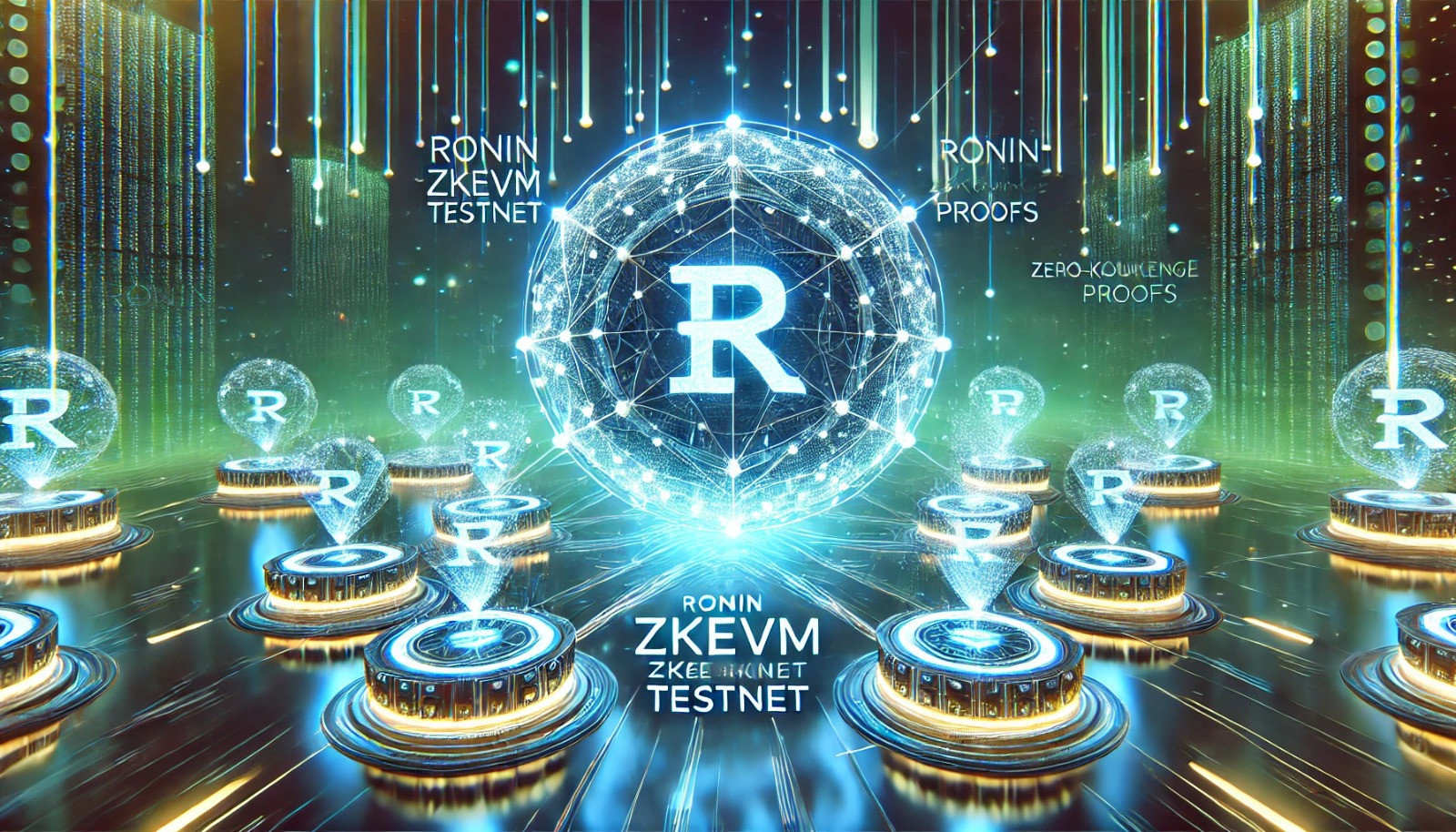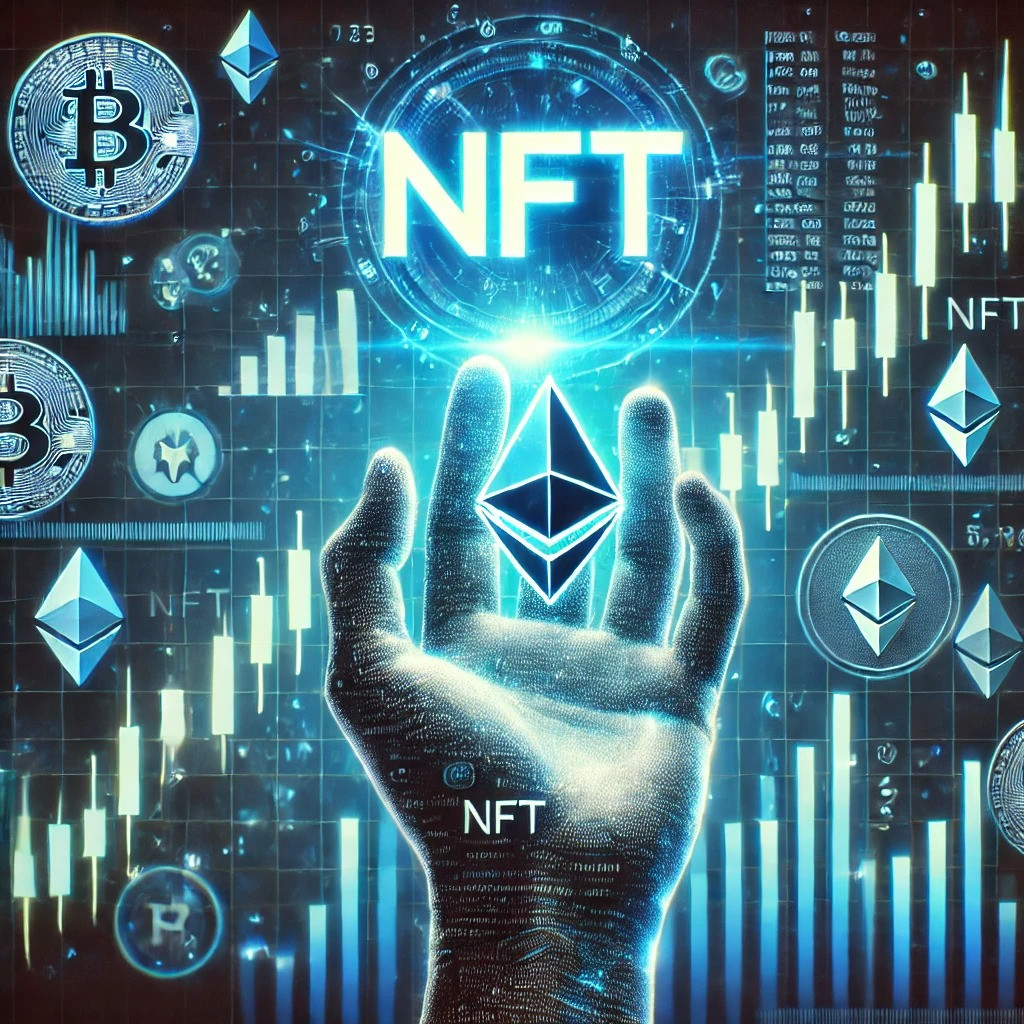
- By admin
- 18 Oct 2023
Integration of cryptocurrency and ai: transforming the digital landscape
The integration of ai and cryptocurrency enhances trading, security, asset management, and smart contracts. while offering significant benefits, addressing ethical and regulatory challenges is essential for sustainable growth and trust in these technologies.
Integration of Cryptocurrency and AI: Transforming the Digital Landscape
The convergence of cryptocurrency and artificial intelligence (AI) is creating a new frontier in the digital economy, offering transformative potential across various sectors. By leveraging AI's capabilities in data analysis, pattern recognition, and decision-making, the cryptocurrency industry is poised to achieve unprecedented levels of efficiency, security, and innovation. This article explores the key areas where AI is making a significant impact on cryptocurrency, the benefits of their integration, and the challenges they face.
AI in Cryptocurrency Trading
One of the most prominent applications of AI in the cryptocurrency space is trading. AI-powered trading bots and algorithms have become increasingly popular among traders and investors. These AI systems can analyze vast amounts of market data in real-time, identifying patterns and trends that human traders might miss. By leveraging machine learning and predictive analytics, AI can make more informed trading decisions, execute trades at optimal times, and potentially achieve higher returns.
Platforms like TradeSanta and CryptoHopper offer automated trading services that use AI to enhance trading strategies. These platforms allow users to set specific trading parameters and utilize AI to execute trades based on those criteria. The ability to process large datasets and adapt to market changes in real-time gives AI an edge in the highly volatile cryptocurrency markets.
AI for Security and Fraud Detection
Security is a critical concern in the cryptocurrency space, given the prevalence of hacks and fraudulent activities. AI technologies are being deployed to enhance security measures and detect fraudulent activities. Machine learning algorithms can analyze transaction patterns and identify anomalies that may indicate fraudulent behavior. By continuously learning from new data, AI systems can improve their accuracy in detecting and preventing security breaches.
For instance, blockchain analytics companies like Chainalysis and Elliptic use AI to monitor blockchain transactions and identify suspicious activities. These tools help exchanges, financial institutions, and regulators combat money laundering, fraud, and other illicit activities in the crypto space.
Smart Contracts and AI
Smart contracts are self-executing contracts with the terms of the agreement directly written into code. AI can enhance the functionality and efficiency of smart contracts by automating complex decision-making processes. For example, AI can be used to verify conditions, manage contract execution, and handle exceptions without human intervention.
Projects like OpenLaw are exploring the integration of AI with smart contracts to create more sophisticated and adaptable legal agreements. AI can also help in the automation of compliance and regulatory requirements, ensuring that smart contracts adhere to legal standards.
AI in Crypto Asset Management
AI is revolutionizing crypto asset management by providing tools for portfolio optimization, risk assessment, and market analysis. AI-driven platforms can offer personalized investment strategies based on an individual's risk tolerance, investment goals, and market conditions. These platforms use advanced algorithms to balance portfolios, predict market movements, and optimize returns.
Platforms like Sigmoidal and Numerai use AI to manage investment funds and provide insights into market trends. By leveraging AI's predictive capabilities, investors can make more informed decisions and improve their overall investment performance.
Challenges and Future Outlook
While the integration of AI and cryptocurrency offers numerous benefits, it also presents challenges. One of the primary concerns is the ethical use of AI, particularly in terms of privacy and data security. Ensuring that AI systems are transparent, unbiased, and accountable is crucial for maintaining trust in these technologies.
Additionally, the complexity of AI algorithms can make it difficult for regulators to understand and oversee their use in the financial sector. Developing regulatory frameworks that balance innovation with consumer protection is essential for the sustainable growth of AI and cryptocurrency integration.
Conclusion
The integration of AI and cryptocurrency is transforming the digital landscape, offering enhanced efficiency, security, and innovation. By leveraging AI's capabilities, the cryptocurrency industry can achieve new heights in trading, security, asset management, and smart contracts. However, addressing ethical concerns and regulatory challenges will be crucial for realizing the full potential of this powerful synergy.








